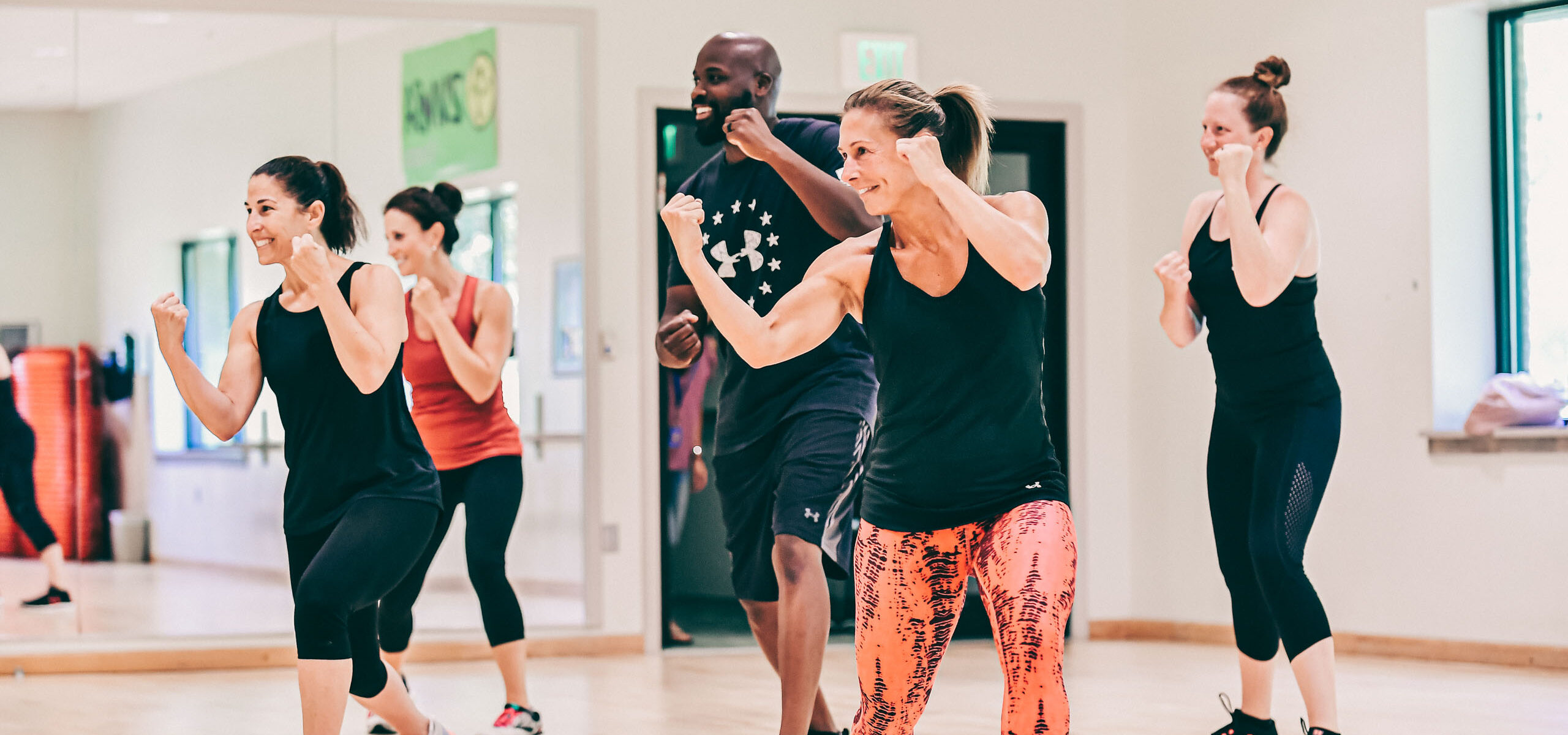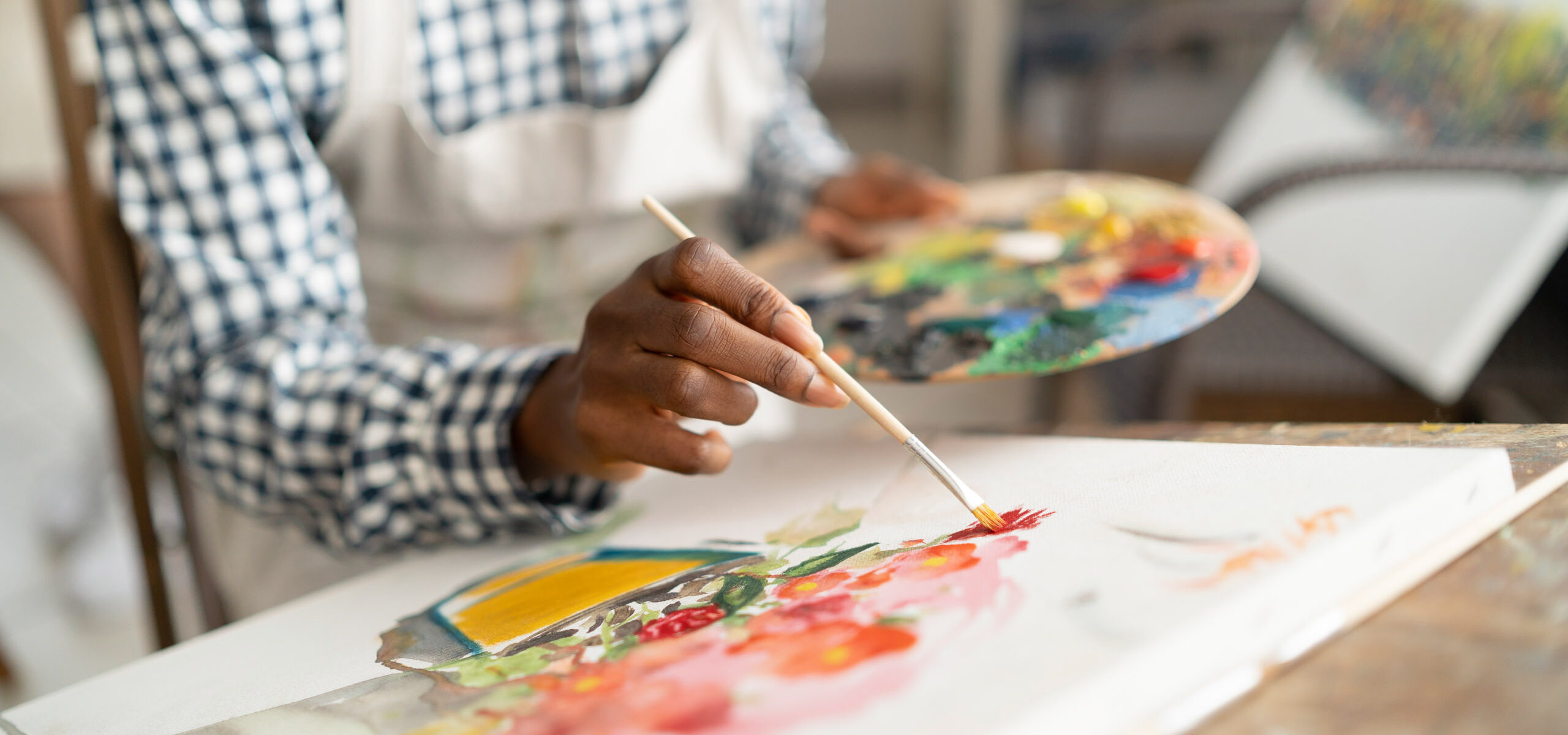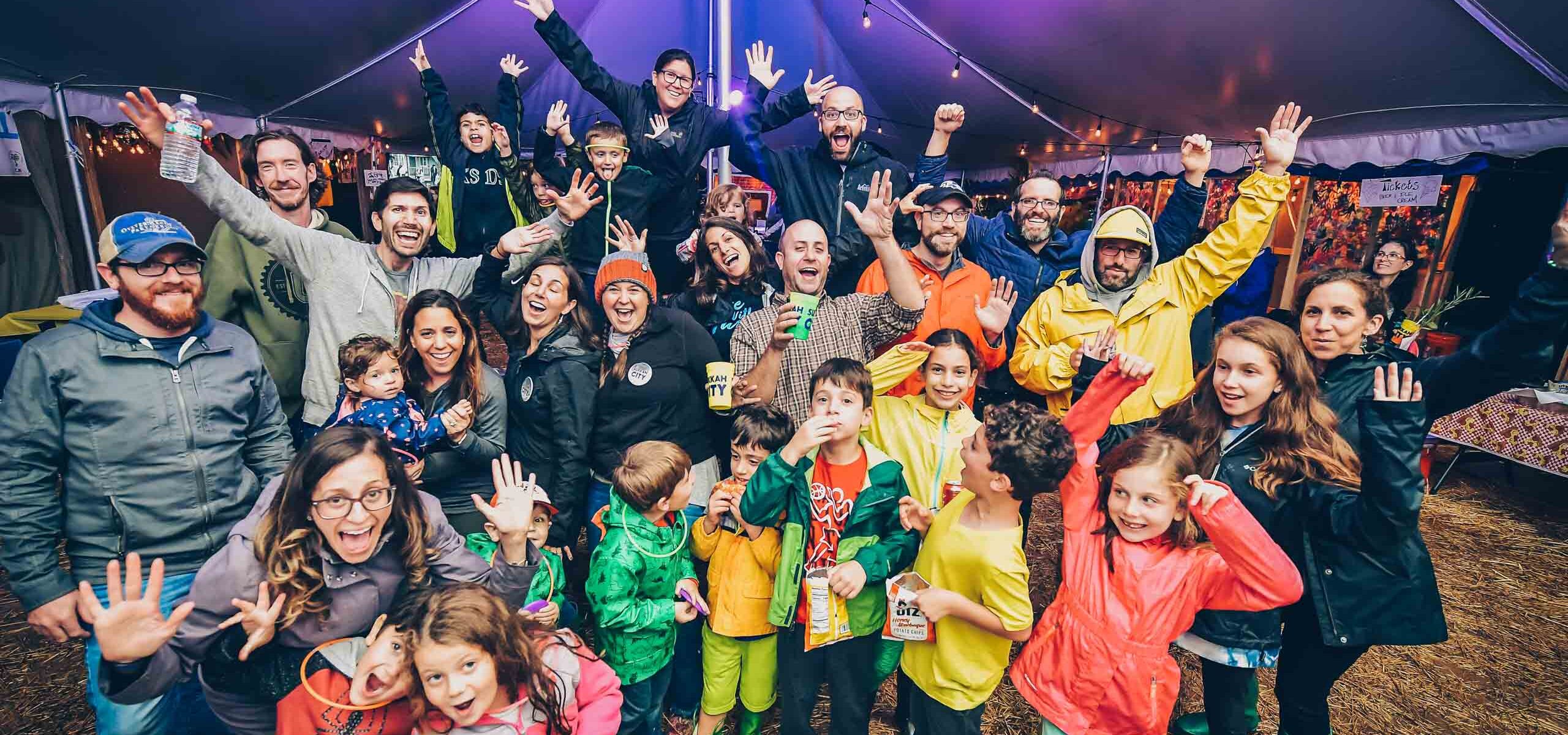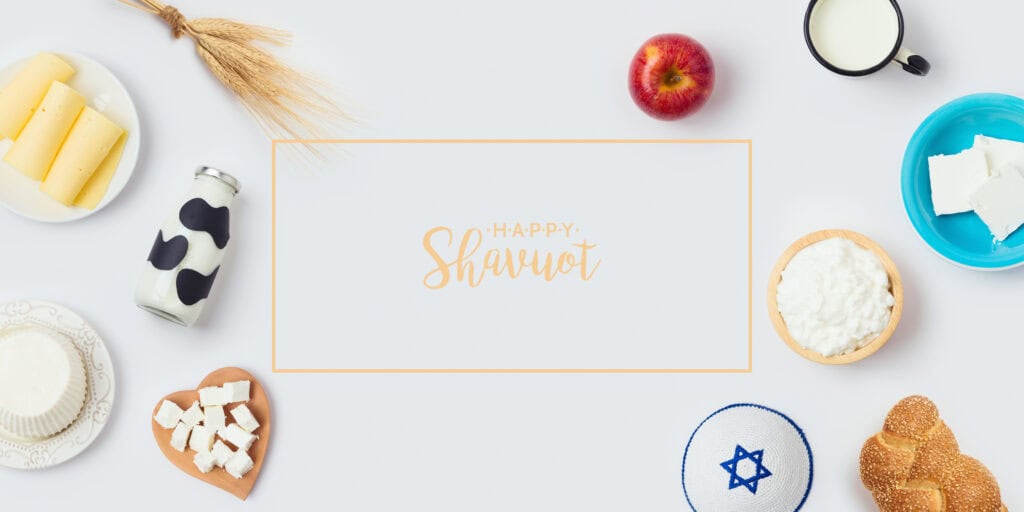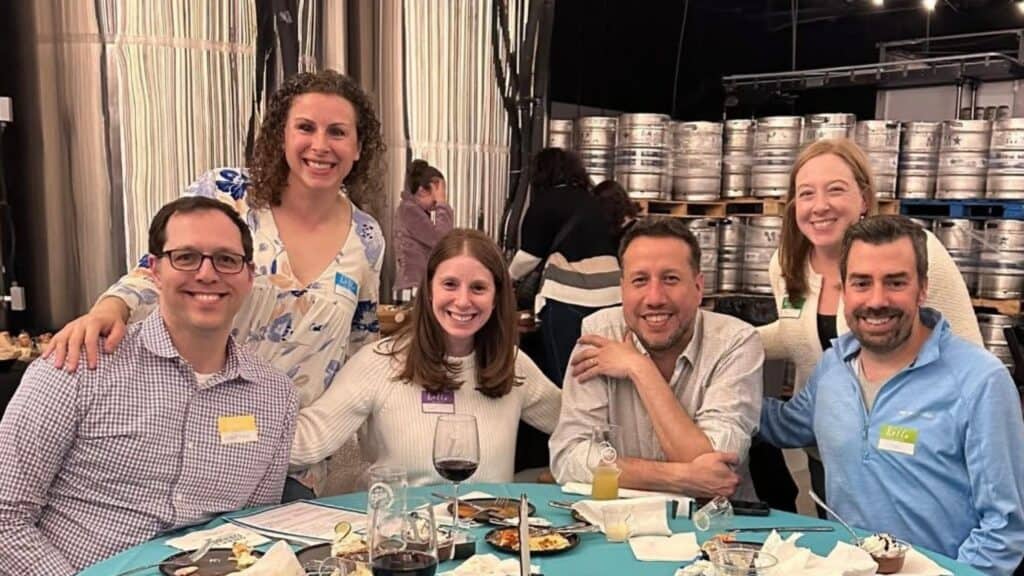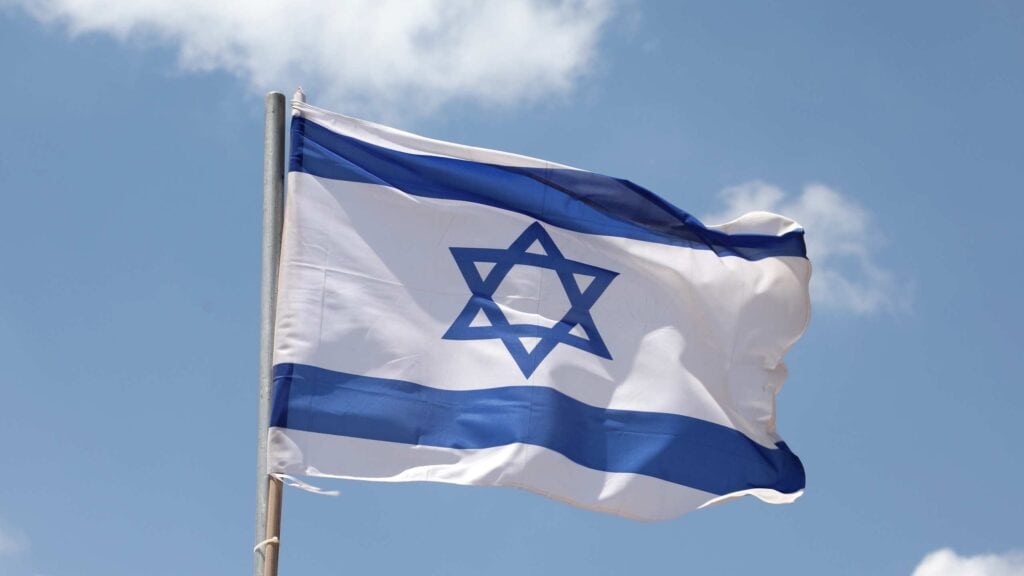Thanksgiving: Day vs. Daily
Taking a moment to reflect on our gratitude.
By Rabbi Jessy Gross
Every year the same question starts to pop up, “What is the relationship between Judaism and Thanksgiving?” Perhaps the question arises due to an innate desire to draw a relationship between our larger American culture and the particular ideas we connect to as Jews. Unless we are talking about Thanksgiving leftovers for Shabbat dinner the day after Turkey Day or the rare occasion that we celebrate Chanukah, thus coining the term Thanksgivukkah, some might think it is a stretch to find the connections.
Actually, it seems the connection is obvious. Before we enjoy the Thanksgiving feast, hopefully celebrated in the company of family and friends, it is customary to go around the table and invite everyone to share what he/she is thankful for. It is a time to reflect on the year behind and share wishes as we begin to anticipate the coming of a new year (on the Gregorian calendar of course.) Where it is customary to give thanks before the feast, it is also customary to give thanks daily within a Jewish framework. I would say it is at the essence of what it means to be a Jew – to practice gratitude.
Think about it. How we shape our thoughts, intentions and actions hold great power with the overarching vibe or mood that we feel around them. When I wake up in the morning do I say, “Oh God, another morning” with exhaustion and trepidation. Or, do I open my eyes and say, “Thank you God for allowing me to wake up to a new day and all its possibilities?” Before we even wipe the sleep from our eyes, are we dreading the day ahead or curious about the opportunities that only another unique day that has never before occurred can present us?
A dear mentor and rabbi of mine, Richard Levy, often speaks about encountering the holy in every day moments. For members of our community who are daily attuned to uttering blessings, they know that it is incumbent upon us to offer at least 100 blessings a day, and that noticing the blessing in a moment or action helps to give holiness to what could be an otherwise mundane experience. A blessing can transform the act of eating – something we do to sustain ourselves and keep our bodies alive and healthy – into a holy and sacred act. We don’t just bless God when we offer a blessing; we orient ourselves to live our lives in a way that habituates gratitude.
I love that Thanksgiving creates an opportunity for the ritual of sharing what we are thankful for in our lives: health (God-willing), family, friends, community, feast and warm homes to gather in. Though, if I get to choose, I choose Jewish tradition which invites us to practice gratitude every day. I’ve noticed that some people take a gratitude challenge in November. They tend to take it in a social media forum and share something each day that they are grateful for. This Thanksgiving, imagine what it might look like to habituate yourselves to practice gratitude from this Thanksgiving to the next. If you’re interested in a framework, Jewish tradition offers many ideas for how we can take this on. Or, make up your own. What would it look like to keep a journal and make a list each day? What about taking on certain situations that tend to bring you grief and practice seeing the blessing. The annoyance of grocery shopping being an opportunity to offer thanks that you are in a position to feed your family and have the freedom to make choices that will help to keep them healthy and sustain them. When you have to rake the leaves, consider reflecting on the beauty of creation that gives us leaves from every color of the rainbow and the gift that seasons give way one to the next as we move through an ongoing cycle of life.
Sure, it can sound a little froufrou to take on such a practice. But, for those who practice gratitude, most everyone will tell you part of getting into the tendency to offer thanks is by habituating one’s self to recognize how many countless moments there are in which we could give gratitude. Thanksgiving invites us to stop and reflect on what we are grateful for and to share that with those we care about. This year, maybe it can also be a moment that invites us to think about the way we might enhance our own daily lives and ability to make meaning if we take on the charge to practice gratitude the whole year through.
